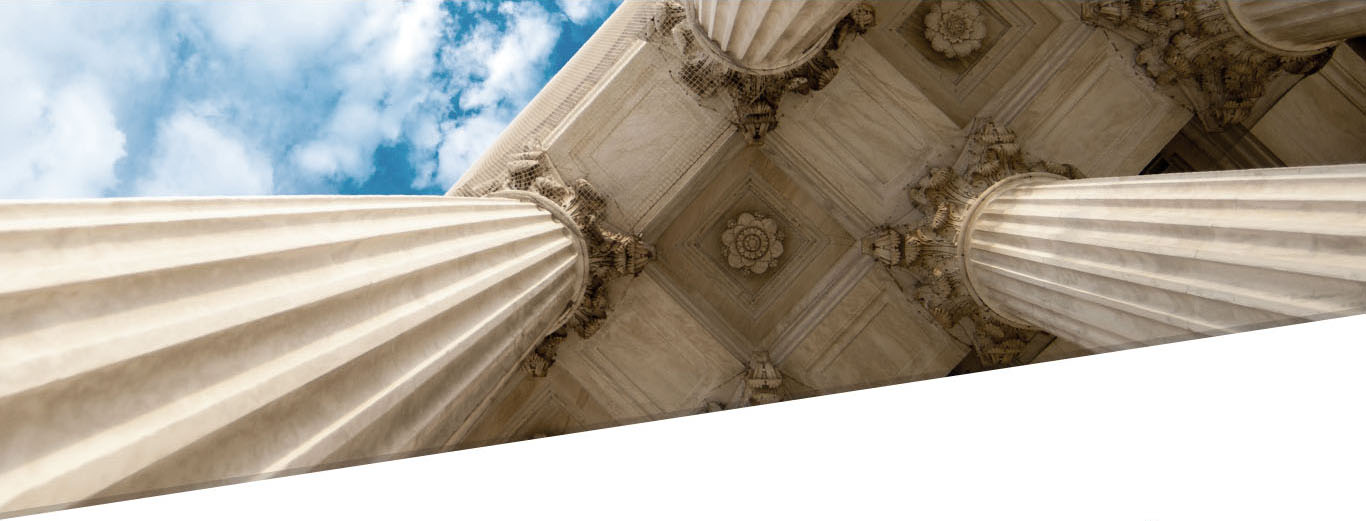On March 19, 2019, the Appellate Division First Department issued a decision in which they held the notes of an IME observer were privileged. The Court’s decision settled the variance between the trial Courts of whether the notes of an IME observer are protected by the attorney-client privilege. In the case of Markel v. Pure Power Boot Camp, Inc., the Plaintiff sought damages for a knee injury she sustained while participating in an exercise drill at defendants’ gym. As part of the discovery process, the Plaintiff was asked to appear for an independent medical exam (IME) by an orthopedist to ascertain the extent of her injuries, if any.
Prior to the IME appointment, the Plaintiff’s attorney hired an individual from an agency to be present during the exam. The purpose of the IME observer was to take notes for the attorney and to assure that the exam was conducted properly. Following the exam, the discovery process continued and the defendants served a subpoena duces tecum on the IME observer for the production of her notes, memoranda, photographs and “any other relevant material” she had regarding the IME conducted. The Plaintiff’s attorney then moved to have the subpoena squashed as the notes were covered under a privilege.
Before analyzing whether a privilege applies, the Court first acknowledged the procedure for an IME observer was properly followed. The Court noted that under CPLR 3121, the Plaintiff is entitled to an IME. Additionally, the Court noted that prior cases have set a precedent that a Plaintiff is entitled to have a representative present during an IME so long as they do not interfere with the IME or prevent the doctor from conducting a “meaningful examination.” The individual could be anyone from the Plaintiff’s attorney, a representative from their office, or even a nurse hired for the purpose of being an observer. Seeing as all of the basic requirements were met, the Court found that the IME observer’s presence was proper.
After determining the observer’s presence satisfied the requirements, the Court moved on to whether the observer’s notes are covered by privilege. Although the Court noted that CPLR 3101(a) gives a broad umbrella of full disclosure during discovery, the opinion also recognized that some of the material could be covered by privilege. The decision referenced how both the attorney-client or work product privileges do not apply as the notes were not generated by the plaintiff’s attorney, nor were they used to communicate with the client or to provide legal advice to her.
The decision then continued to analyze the notes under the qualified privilege protection surrounding materials prepared in anticipation of litigation and preparation for trial. If a document is found to be a material prepared in anticipation of litigation, it may only be obtained upon a showing that the requesting party had a “substantial need” for the evidence in their preparation of the case and that it could not obtain the documents or the “substantial equivalent” of the documents without “undue hardship.”
In analyzing under the above standard, the Court found that the IME observer was hired by the Plaintiff’s attorney to advance their litigation and prepare for trial. Essentially, she was the attorney’s “eyes and ears” in the examination room. Additionally, the defendant’s did not show that they had a substantial need for the notes or that they would incur an undue hardship in obtaining the “substantial equivalent” of the materials. In fact, the Defendants’ doctor conducted the exam himself and was producing a report of the exam. There was no evidence that they were unable to obtain the report from their doctor.
In light of the above analysis, the First Department panel unanimously found that the documents were included under the qualified privilege and that the subpoena should be quashed. In their decision, the panel was careful to state that this decision does not provide a blanket legal proposition that an IME observer is subject to discovery in all circumstances.
To read a full copy of the decision click here.








